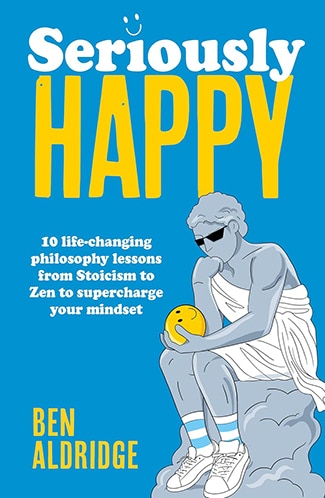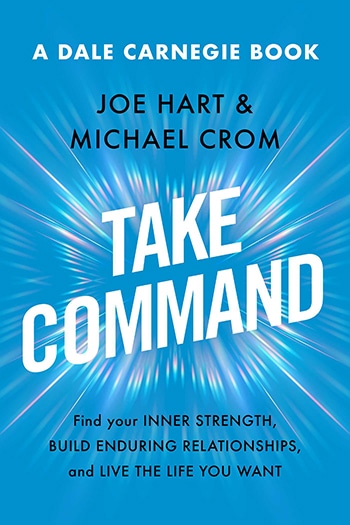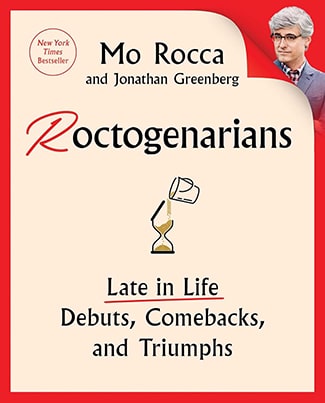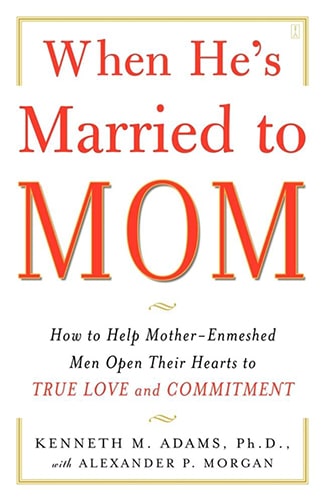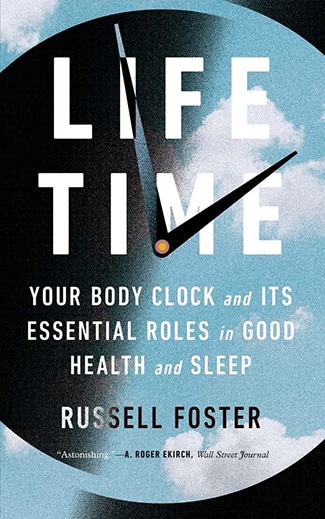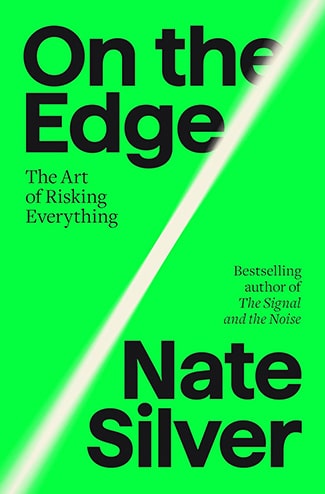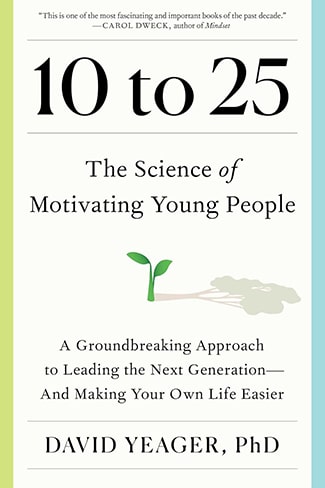Podcast Summary
Patton's Spiritual Side Revealed During Battle of the Bulge: Despite his aggressive military tactics, General Patton was a deeply spiritual and intellectual man who carried an extensive field library and commissioned a prayer for his troops during the Battle of the Bulge.
General George S. Patton, known for his aggressive military tactics, was also deeply spiritual and intellectual. During the Battle of the Bulge in World War 2, when his army's advance was stalled, Patton commissioned a prayer for better weather and distributed it to his troops. This prayer became more urgent as the battle commenced. Patton, a California aristocrat and a natural born warrior, was deeply religious, believed in reincarnation, and saw himself as a man of destiny. Contrary to popular belief, he was not just an unthinking brute, but an extremely well-read and thoughtful man. Despite struggling with reading as a child, he became a voracious reader as a young man, consuming classics, biographies, and military texts. During World War 2, he continued to read extensively, carrying an extensive field library that included spiritual texts and literature. Patton's spirituality, intellectual curiosity, and military prowess came together during the Battle of the Bulge, making him an extraordinary force in the face of the Nazis' last ditch assault on the allies.
Patton's Historical Perspective: Patton, a complex military leader, saw himself as part of a grand historical tradition and traced the routes of ancient Roman generals, deeply spiritual and intellectual, believed in God's protection, and left memorable marks in history
General George S. Patton was not only a highly aggressive military leader in the fight against Nazism during World War 2, but he also had a deep intellectual curiosity and a profound sense of his place in history. He often traced the routes of ancient Roman generals like Julius Caesar and followed in their footsteps, seeing himself as part of a grand historical tradition. Patton was an avid reader and scholar of military history, and his spiritual life was an important aspect of his identity. He was a practicing Anglican and believed deeply in God's protection and guidance. Despite the portrayal of him as a screaming maniac in popular culture, Patton was a complex figure with deep emotions and intellectual pursuits. His actions, such as urinating in the Rhine to mark his army's crossing, reflected his epic view of himself in history.
Patton's Complex Personality: Religious, Pious, and Swearing Warrior: General Patton, a deeply religious man with a complex personality, led the 3rd Army to a crucial victory in the American breakout from Normandy through his unconventional tactics and deep sense of destiny.
General George S. Patton, despite his frequent use of strong language and belief in reincarnation, was a deeply religious and pious man who felt destined for greatness. He embodied the warrior archetype, combining aggression and bloodlust with deep spiritual beliefs. Patton's famous speeches in movies like "Patton" were inspired by several real speeches he made, and his swearing was just one aspect of his complex personality. The 3rd Army, led by Patton, played a crucial role in the American breakout from Normandy during World War 2, leading the charge with exceptional speed and style. Despite his reputation as a swearer and unconventional leader, Patton's deep faith and sense of destiny were integral to his military success.
Patton's Prayer for Good Weather: General Patton used prayer as a morale booster for his soldiers during challenging times in their advance into Europe, emphasizing the importance of faith in warfare.
General George Patton's 3rd Army made an unprecedented advance into Europe during the summer of 1944, but faced challenges in the late fall due to weather, fuel shortages, and manpower issues. To overcome these obstacles, Patton turned to prayer. He asked the senior chaplain in the 3rd Army, Father O'Neil, to write a prayer for good weather. O'Neil, a Roman Catholic priest, wrote a prayer that was distributed to every soldier in the 3rd Army on over 250,000 prayer cards. Patton believed in the power of prayer to complement his military strategy of speed and constant pressure. Despite the challenges, Patton's innovative use of armored warfare and his unwavering determination made him a genius of his time. The prayer, which was a significant morale booster for the soldiers, reflected Patton's belief in the importance of faith in warfare.
General Patton's belief in prayer during WWII: During WWII, General Patton encouraged prayer for soldiers' morale and well-being, and his faith and intelligence helped him effectively respond to a surprise attack.
During World War II, General George Patton believed in the power of prayer for his soldiers and himself. Despite the challenges of war, he encouraged prayer to boost morale and maintain their mental and emotional well-being. Patton believed that soldiers had a deeper side beyond thinking and working, and prayer was a way to connect with that higher power. He issued a directive to all chaplains and officers under his command to pray regularly, and when the Germans launched a surprise attack in the Battle of the Bulge, Patton was the only one with a plan due to his excellent intelligence staff's warnings. Despite the unexpected attack, Patton's faith and preparation allowed him to respond effectively.
Patton's quick actions during Battle of the Bulge: Patton led his army 100 miles in 48 hours, outmaneuvering Germans, contributing to Allied victory despite initial skepticism.
General George S. Patton's quick and bold actions during the Battle of the Bulge in December 1944 turned a perceived crisis into an opportunity to shorten the war. Despite skepticism from some British officials, Patton pivoted his entire 3rd army in just over 48 hours and moved it over 100 miles in terrible winter conditions, outmaneuvering the overextended German forces. Patton's leadership style, which included leading from the front and using the power of presence to inspire his men and strike fear in the enemy, was instrumental in this achievement. By acting swiftly and aggressively, Patton saw an opportunity to defeat the Wehrmacht decisively and believed that the German collapse would soon follow. While the battle ended up taking longer than expected, it did contribute to the eventual defeat of the German forces in Europe. Patton's ability to adapt quickly and take calculated risks was a defining characteristic of his military career and a key factor in the Allied victory.
Patton's belief in prayer turned the tide of the Battle of the Bulge: Patton's unwavering belief in his abilities and the importance of morale led to clear skies during the Battle of the Bulge, allowing Allied air forces to gain air superiority and turn the tide of the battle.
General George S. Patton's leadership style was defined by his presence at the frontlines and his strict discipline. Despite the hardships and demands he placed on his troops, they respected and admired him for it. A notable example of this was during the Battle of the Bulge when Patton's belief in the power of prayer led to clear skies, allowing the Allied air forces to gain air superiority and turn the tide of the battle. This moment was significant as it showcased Patton's unwavering belief in his abilities and the importance of morale in warfare. After the Battle of the Bulge, the 3rd army continued to push forward, eventually reaching Bastogne and contributing to the eventual Allied victory in Europe.
The Battle of the Bulge: More Than Just Stopping a Counterattack: The Battle of the Bulge ended in late December 1944, but pushing the Germans back to their starting point took most of January 1945, resulting in high casualties for the 3rd Army. Allies met up in late January and crossed the Rhine in March, but Patton was later relieved of command due to his views on the Soviets.
The Battle of the Bulge, which ended on December 26, 1944, was not just about stopping a German counterattack and relieving a besieged town, but also about pushing the Wehrmacht back to their starting point. This took most of January 1945 and resulted in high casualties for the 3rd Army. The Americans and British met up in late January, and from then until the end of January, there was a bloody ordeal to push the Germans back. The allies crossed the Rhine in March 1945, marking the last natural barrier between them and Berlin. However, Patton, who had become a hero during the battle, was later relieved of his command due to his anti-Soviet views and his insistence on pushing the allies' boundaries further than agreed upon with Stalin. Despite this, Patton's belief in liberating people rather than enslaving them, as he believed the Soviets would do, proved prescient with the onset of the Cold War.
The clash between Patton's blunt comments and Eisenhower's diplomacy during post-WWII Germany: The need for diplomacy in implementing post-conflict strategies and maintaining relationships with allies was highlighted by Patton's removal from command due to inflammatory comments about the Soviet Union and former Nazis.
During the aftermath of World War II, General George Patton's blunt and impolitic comments about the Soviet Union and the need to work with former Nazis to rebuild Germany clashed with President Eisenhower's diplomatic approach. Despite Patton's accurate observations about the necessity of working with the available personnel, his remarks were seen as inflammatory and led to his removal from command. This incident highlights the challenges of implementing post-conflict strategies and the importance of diplomacy in maintaining relationships with allies. Additionally, Patton's comparison of political parties to the Nazis was a step too far, causing widespread outrage. Despite the controversy, Patton's dismissal was not solely based on his comments about the Soviets or the Nazis, but rather on Eisenhower's growing frustration with Patton's public statements.
The Sad End of General Patton: Despite his controversial methods, Patton's leadership was crucial for military success. Tragically, after WW2, he was denied a role in the Pacific and his life ended in a car accident.
Key takeaway from the discussion about George S. Patton is that despite his controversial personality and methods, his aggressive and brilliant leadership was crucial for military success during times of conflict. However, after the end of World War 2, Patton found himself without a clear role or purpose, leading him to feel deeply sad and embittered. Despite his desire to contribute to the war effort in the Pacific, MacArthur refused to allow him to do so, leaving Patton without a future in the army. Tragically, Patton's life came to an end in a car accident, which he had premonitions of beforehand. Reflecting on Patton's life, it's clear that figures like him, who are willing to take risks and push boundaries to win, will always be necessary in times of conflict. To learn more about Patton and the author's work, visit [author's website or book link].
Exploring the Life and Legacy of General George S. Patton with Alex Kershaw: Listen to Alex Kershaw's new book, 'Patton's Prayer', for an enjoyable read about General George S. Patton's life. Check out his website, Twitter, bookstores, and Amazon for more information. Kershaw's passion for the subject shines through, making it a must-listen for military history enthusiasts.
Key takeaway from this conversation with Alex Kershaw is the excitement and enthusiasm he brings to sharing the story of General George S. Patton through his new book, "Patton's Prayer." Kershaw encourages listeners to check out his work on various online platforms, including his website and Twitter, as well as in bookstores and on Amazon.com. The book, which was published on May 21, promises to be an enjoyable read about an intriguing historical figure. For more resources and deeper exploration of the topic, listeners can refer to the show notes at awim.is/patton. Overall, Kershaw's passion for his subject matter shines through in this conversation, making it a must-listen for anyone interested in military history or the life of General Patton. Be sure to visit alexkirshaw.com for more information on his work and upcoming projects. And, as always, don't just listen to the AOM Podcast, put what you've heard into action.

